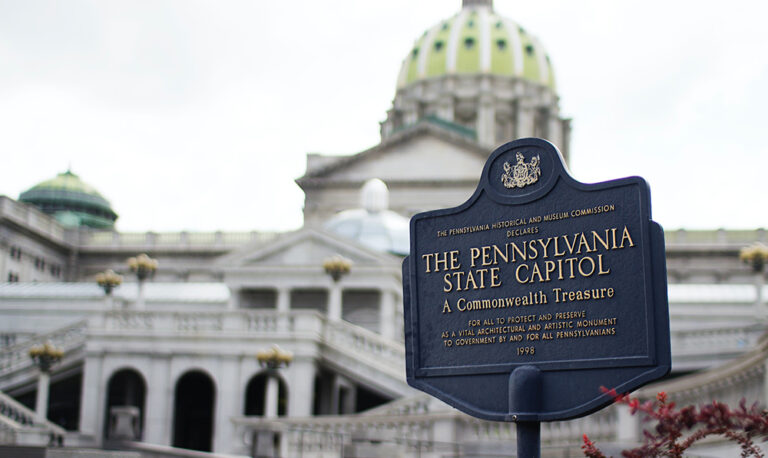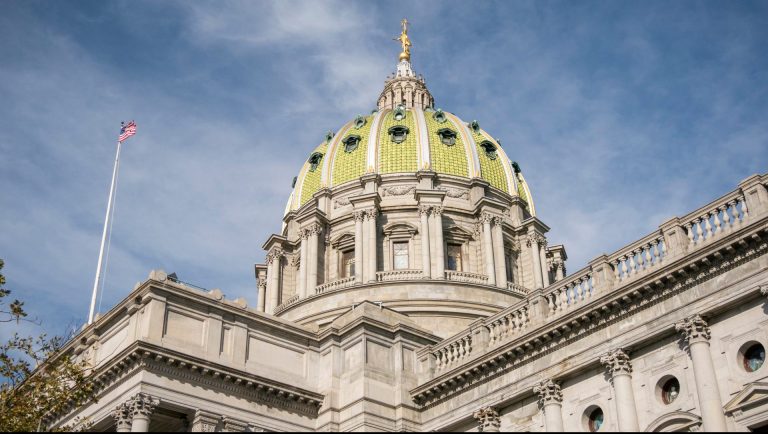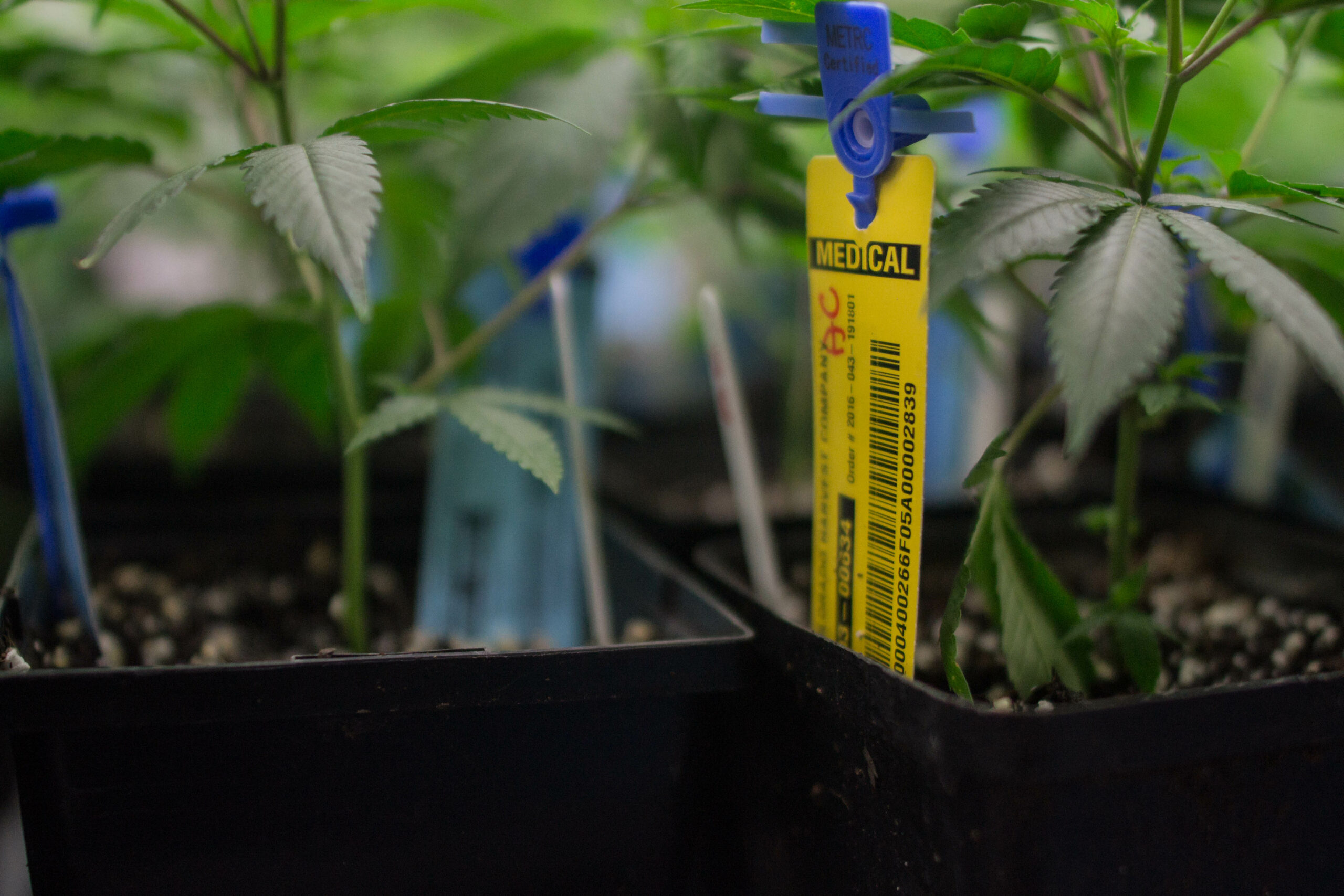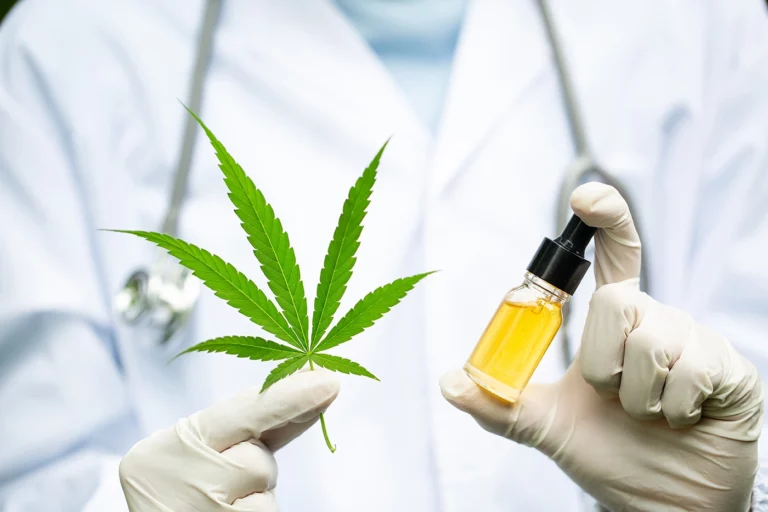Add Your Heading Text Here
The Future of the Cannabis Supply Chain

The issue of legalizing recreational cannabis has gained significant attention in recent years, with several states in the United States taking steps to regulate and tax the industry. However, Pennsylvania has yet to follow suit, remaining one of the few states in the Northeast region that has not legalized recreational cannabis. Since the debate surrounding the legalization of recreational cannabis has evolved over time, with shifting public opinions, changing cultural norms and emerging scientific research, the position of law makers pro legalization have also gained momentum through this evolution.
While several states have legalized recreational cannabis and witnessed its economic and social benefits, Pennsylvania has been relatively conservative on the issue. Let’s delve into the reasons why Pennsylvania has not yet legalized recreational cannabis, while analyzing the opportunities and challenges associated with this decision in comparison to neighboring states New Jersey & New York.

Historical Context
To understand Pennsylvania’s stance on recreational cannabis, it is crucial to examine the state’s historical context. Pennsylvania has a history of conservative policies and a cautious approach toward drug regulation. The state has traditionally prioritized public health and safety concerns over potential economic benefits associated with cannabis legalization. This conservative mindset, coupled with the influence of law enforcement agencies and political dynamics, has contributed to the delay in cannabis reform.
Political Landscape
The political landscape of a state plays a pivotal role in determining the stance on cannabis legalization. In Pennsylvania, the Republican Party has historically held significant influence, and the party has generally been more skeptical of recreational cannabis. However, there have been shifts in public opinion and growing support for cannabis reform, which has led to increased bipartisan discussions on the issue. Analyzing the political dynamics and key stakeholders involved provides insights into the current state of affairs.

Public Opinion & Advocacy
Public opinion is a crucial factor in driving policy change. Over the past decade, public support for cannabis legalization has been steadily increasing, including in Pennsylvania. However, despite growing public sentiment in favor of recreational cannabis, there remains significant opposition, particularly among conservative groups and certain religious organizations. Examining the various advocacy groups and their influence on policy decisions is essential in understanding the factors shaping Pennsylvania’s stance on cannabis.
Economic Impact of Recreational Cannabis
The potential economic benefits associated with the legalization of recreational cannabis cannot be overlooked. Neighboring states like New Jersey and New York have recognized this potential and are moving forward with cannabis regulation. This section explores the economic impact of recreational cannabis legalization, including tax revenue generation, job creation, tourism, and business opportunities. A comparative analysis between Pennsylvania and its neighboring states reveals the potential missed opportunities for economic growth.

Regulatory Framework & Implementation
One of the primary concerns surrounding cannabis legalization is the establishment of an effective regulatory framework. This section examines the regulatory structures in place in New Jersey and New York, focusing on aspects such as licensing, product testing, retail models, and social equity provisions. By comparing these frameworks to the current landscape in Pennsylvania, we can identify the challenges and opportunities associated with implementing a well-regulated recreational cannabis market.
Health & Safety Considerations
The impact of cannabis legalization on public health and safety is a significant concern for policymakers. This section explores the potential health risks and benefits associated with recreational cannabis use, including its impact on youth consumption, driving under the influence, and the overall health of communities. By evaluating the experiences of states that have already legalized cannabis, we can examine how these factors have influenced policy decisions in Pennsylvania.
Social Equity & Criminal Justice Reform
A key aspect of the legalization debate is addressing social equity and rectifying the historical disparities caused by the war on drugs. This section examines the initiatives implemented in New Jersey and New York to promote social equity, expunge cannabis-related convictions, and reinvest in affected communities. By comparing these efforts with Pennsylvania’s approach to criminal justice reform, we can identify potential areas for improvement.

Pennsylvania’s hesitancy to legalize recreational cannabis stems from a complex interplay of factors, including historical context, political dynamics, public opinion, and concerns about health and safety. While neighboring states like New Jersey and New York have embraced cannabis legalization, Pennsylvania faces both missed opportunities for economic growth and challenges associated with developing a comprehensive regulatory framework. As public sentiment continues to evolve, it remains to be seen how Pennsylvania will navigate the path toward cannabis reform while balancing the diverse interests of its constituents.
Yet the growing popular opinion is beginning to lean towards legalizing recreational cannabis, also known as adult-use marijuana, even though this subject has been a controversial topic in the United States for decades. However, as of 2021, 15 states including neighboring states of New Jersey and New York plus the District of Columbia have legalized recreational cannabis. Maybe indicating a tipping point? But too early to tell since many states still haven’t followed suit. Like Pennsylvania, a state with a long history of strict drug laws, yet it has legalized medical marijuana, but has yet to legalize recreational use.
Is reform eminent? As several lawmakers are circulating co-sponsorship memos about plans to introduce legalization legislation this session, the governor of PA, Gov. Josh Shapiro (D) is making the administrative push for the reform. So, why should recreational use be legalized in Pennsylvania? Maybe a new proposed bill will never be passed in Harrisburg, but if the lawmakers can reform the bill and pass legislation approving Shapiro’s proposed budget and expected revenue from legalization, then 2023 might be the year PA adds momentum to the tipping point. Here’s an succinct overview of the benefits and addressing common concerns, if in fact, recreational use is legalized in Pennsylvania.

Benefits of Legalizing Recreational Cannabis
Economic Benefits
Legalizing recreational cannabis can have significant economic benefits for Pennsylvania. According to a report by the Pennsylvania Auditor General, legalizing recreational cannabis could generate over $580 million in tax revenue per year. This revenue could be used to fund education, infrastructure, and other essential services.
Reduced Crime Rates
By legalizing cannabis, Pennsylvania could reduce its crime rate. This would occur because the legalization of cannabis would eliminate the black market and reduce the demand for illegal drug trafficking. Additionally, law enforcement resources could be redirected to more serious crimes.
Job Creation
The legalization of recreational cannabis could also create new jobs. From growing to dispensing, the cannabis industry offers numerous job opportunities. In states like Colorado, where cannabis has been legal for several years, the industry has created tens of thousands of jobs.
Medical Benefits
While the focus of this essay is on recreational cannabis, it is worth noting that cannabis has medical benefits as well. Medical cannabis is already legal in Pennsylvania, but the legalization of recreational cannabis could make it easier for patients to access medical marijuana. Additionally, the tax revenue generated from the sale of recreational cannabis could be used to fund medical research.

Addressing Common Concerns
Increased Drug Use
One of the most common concerns with legalizing recreational cannabis is that it will lead to an increase in drug use. However, studies have shown that the legalization of cannabis does not necessarily lead to an increase in drug use. In fact, some studies have suggested that the legalization of cannabis may lead to a decrease in opioid use.
Safety Concerns
Another common concern is that the legalization of cannabis could lead to an increase in accidents and impaired driving. However, there is evidence to suggest that cannabis use does not increase the risk of accidents as much as alcohol use does. Additionally, states that have legalized cannabis have implemented regulations to ensure that it is used safely.
Gateway Drug
Finally, some argue that cannabis is a gateway drug that could lead to the use of harder drugs. However, this theory has been largely debunked. While some people who use cannabis may go on to use harder drugs, there is no evidence to suggest that cannabis use itself leads to the use of harder drugs.

In the end, legalizing recreational cannabis in Pennsylvania could have significant economic, social, and medical benefits. By generating tax revenue, reducing crime rates, creating jobs, and making medical marijuana more accessible, Pennsylvania could improve the lives of its citizens. While concerns about increased drug use, safety, and the potential for marijuana to be a gateway drug are valid, these concerns can be addressed through regulation and education. Ultimately, the benefits of legalizing recreational cannabis in Pennsylvania outweigh the potential risks.
